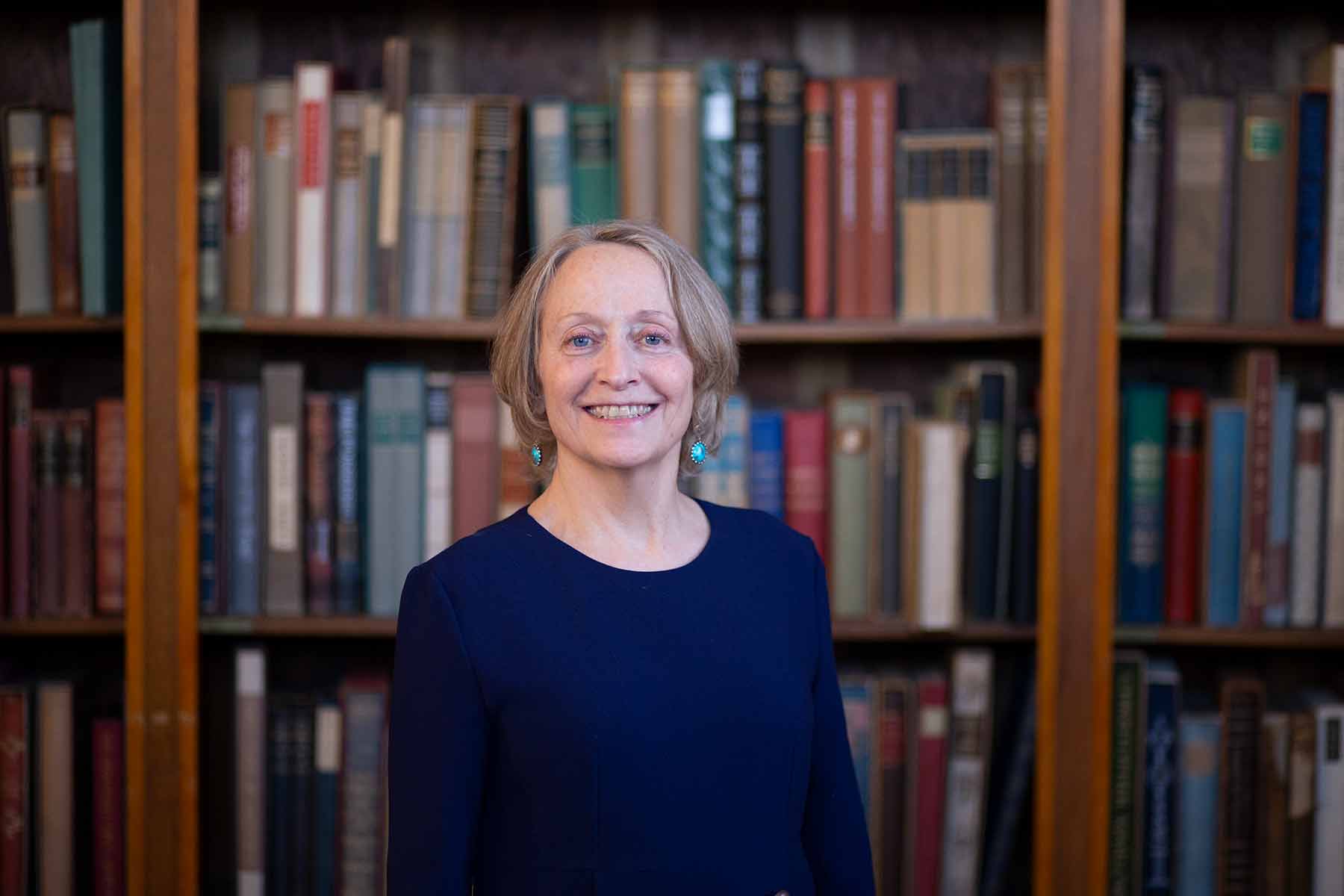
At Knox, Denise Roza didn’t plan to become an advocate for people with disabilities (PWDs). After graduating with a degree in French and Russian, she was mostly eager for the opportunity to live and work in the then-Soviet Union. The late 1980s and early 1990s were of course a tumultuous time in Russia’s history, as the Soviet Union collapsed and a new market-based economy took shape in post-Soviet Russia. On the lookout for opportunities that would “yield real and positive changes for the people involved,” she took a position with an international nonprofit, the World Institute on Disability, that was one of a number of NGOs now moving into Russia. Four years later, in 1997, she became executive director of Perspektiva, the Regional Society of Disabled People. Since then, her team of five employees has grown to 80, nearly half of whom are living with disabilities themselves.
How did you become interested in Russia?
I came to Knox to study French and needed a second language. At the time, I never thought much about why, but today I realize it was because my teacher and mentor Vasily Federow was so passionate about the language and literature. I spent a year studying abroad in France, which was an amazing and life-changing experience. After graduating, I applied to study in the American Councils of Teachers of Russian program in Moscow. I loved every minute of it, even though it was a totally different world.
What was life like in Russia in the 1990s for people with disabilities
At that time, I had never seen more than a few disabled people in Moscow—occasionally an amputee using a cart (like a skating board) because the city was totally inaccessible and many PWDs were in institutions. There were hardly any wheelchairs, and the ones that existed were referred to as “house wheelchairs” because it was nearly impossible to get out of your apartment in them. The concept of PWDs being in charge of their lives, living independently, inspiring and empowering other PWDs was totally unheard of. The first Russian law guaranteeing rights to PWDs was passed in 1995, but it wasn’t until the U.N. Convention on the Rights of Persons with Disabilities was ratified by the Russian parliament in 2013 that this approach was finally adopted into legislation.
How have your Knox experiences influenced your career?
I learned French and Russian; my year abroad taught me about living in, adapting to and appreciating a different culture. The concept of inclusion and diversity are too very important and guiding values for me today and I learned this at Knox, too.
